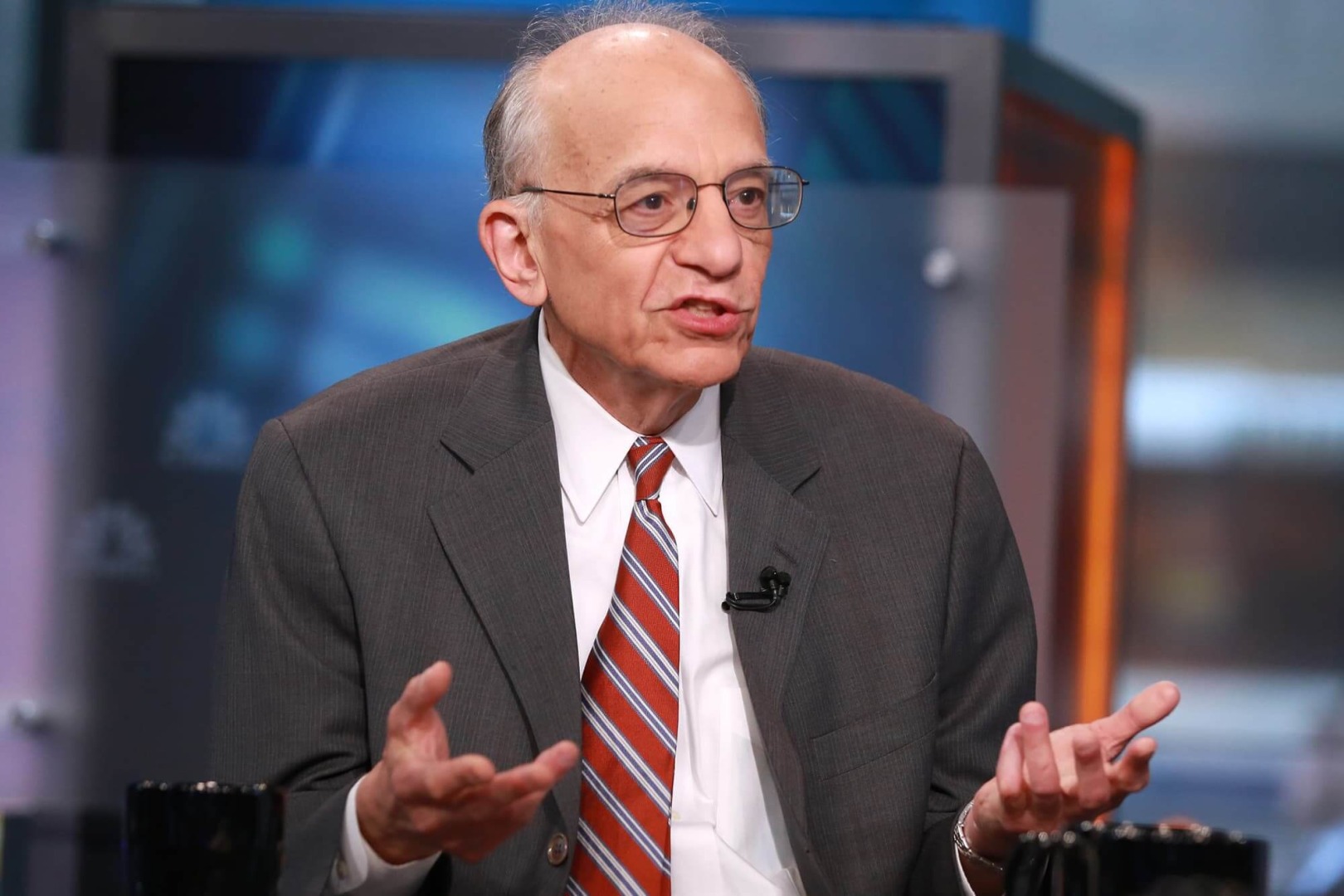Comments
- No comments found

The first edition of Jeremy Siegel’s highly influential book, Stocks in the Long Run, came out almost 30 years ago in 1994.
Now, the sixth edition has been published, and Jeremy Schwartz interviews Siegel (Knowledge at Wharton, “Why Stocks Will Remain Strong in the Long Run,” October 25, 2022). Given that I am becoming used to wincing each time I open up a statement from my retirement account and see how falling stock prices have affected my savings, the interview is at least a productive distraction. Here are some comments from Siegel that caught my eye:
On the long-run returns to stock market investing over time:
[T}he first edition, which came out in May 1994, used data through the end of 1992. The long-term real return (net of inflation, from investing in stocks) 1802 onward was 6.7% in real terms. I updated it till June of this year and it’s 6.7% real — exactly the same as the last 30 years, despite the financial crisis, COVID, and so forth. It’s remarkably durable. We also know returns from investing in stocks are remarkably volatile in the short run. But the durability of the equity premium (or the excess return from stocks over a risk-free rate like a Treasury bond) is quite remarkable.
On the performance of the Federal Reserve in the last two years:
I’ve been calling Jay Powell’s monetary policy the third worst in the 110-year history of the Fed. I may actually raise it to the second worst, but we’ll see what happens. The worst, of course, is the Great Depression, where they let all the banks fail when they were actually formed to prevent exactly that from happening. When the pandemic hit and money supply exploded, I said this was going to cause inflation. You’ve never seen that 25% M2 money supply increase — 1870 onward, there has never been a money supply increase that fast.
I said this is just absolutely crazy. This is going to produce a tremendous amount of inflation. And it did.
I was definitely hawkish [early this year], saying there would be eight increases [of 0.25% each] — that’s 2%. But now they’re talking about 4% by year-end. That’s 16 increases. In the September 2021 meeting … eight of the 16 FOMC (Federal Open Market Committee) members said there was no need to increase rates whatsoever this year. This was when inflation was already heating up; speculation was rampant in all asset markets. Five members said we will need an increase of 125 basis points. And three — the most hawkish — ventured that we might need an increase of 50 basis points by December this year.
Could you be more wrong than that? It’s impossible to be more wrong than that. It amuses me when people [predict the Fed’s actions] as if they have any concept of what they’re going to do in 2023. Clearly, in 2021, they had zero concept of what they were going to do this year.
Timothy Taylor is an American economist. He is managing editor of the Journal of Economic Perspectives, a quarterly academic journal produced at Macalester College and published by the American Economic Association. Taylor received his Bachelor of Arts degree from Haverford College and a master's degree in economics from Stanford University. At Stanford, he was winner of the award for excellent teaching in a large class (more than 30 students) given by the Associated Students of Stanford University. At Minnesota, he was named a Distinguished Lecturer by the Department of Economics and voted Teacher of the Year by the master's degree students at the Hubert H. Humphrey Institute of Public Affairs. Taylor has been a guest speaker for groups of teachers of high school economics, visiting diplomats from eastern Europe, talk-radio shows, and community groups. From 1989 to 1997, Professor Taylor wrote an economics opinion column for the San Jose Mercury-News. He has published multiple lectures on economics through The Teaching Company. With Rudolph Penner and Isabel Sawhill, he is co-author of Updating America's Social Contract (2000), whose first chapter provided an early radical centrist perspective, "An Agenda for the Radical Middle". Taylor is also the author of The Instant Economist: Everything You Need to Know About How the Economy Works, published by the Penguin Group in 2012. The fourth edition of Taylor's Principles of Economics textbook was published by Textbook Media in 2017.
Leave your comments
Post comment as a guest